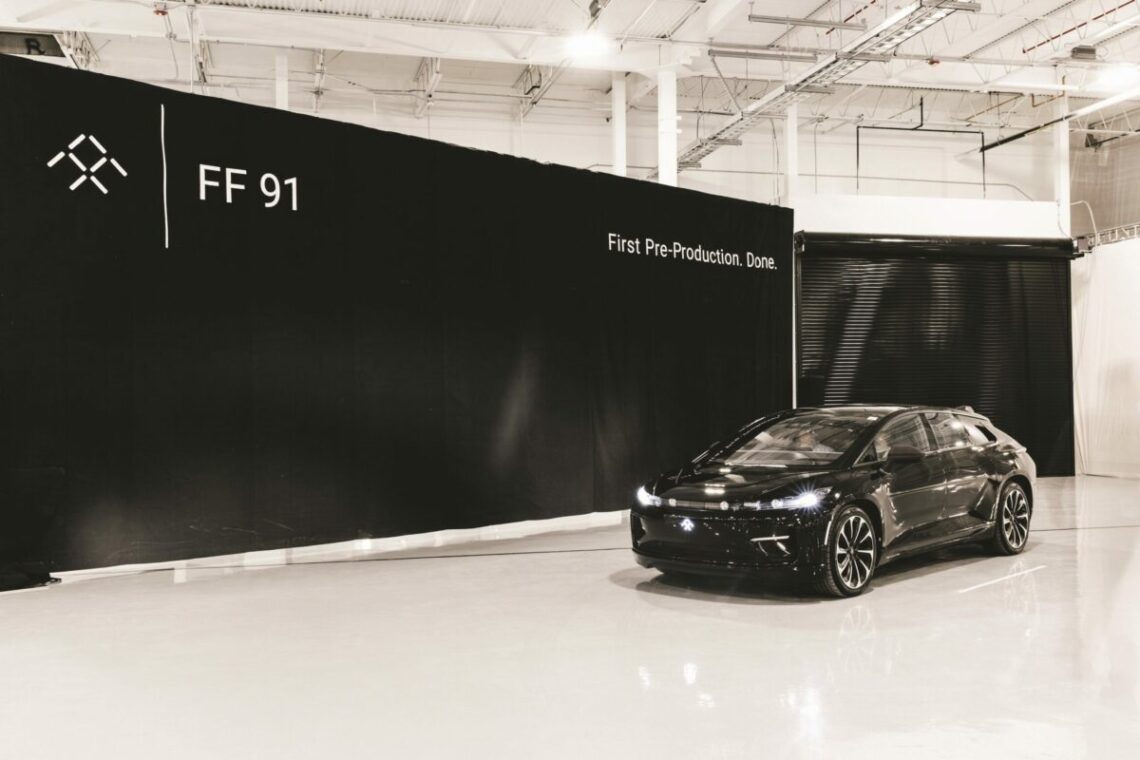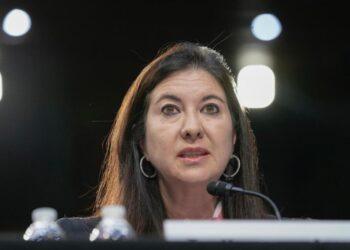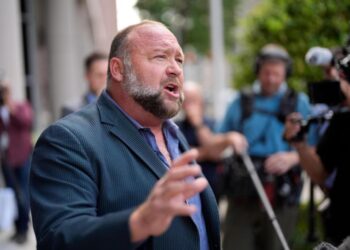As Faraday Future Intelligent Electric Inc. has finally begun vehicle sales and revenue generation, it’s going to have to hope that’s enough to stave off other bumps in the road.
The Gardena-based electric vehicle manufacturer reported its first sales in the third quarter. This year, it aims to ramp up from its low-volume sales and production to churning out and selling 1,000 units, which is projected to reduce its material expenses and improve the company’s bottom line.
As Faraday seeks to close on an investment deal to extend its runway long enough to achieve that, it has also agreed to a seven-figure settlement against a class-action lawsuit filed by shareholders. And the company is also in the midst of an investigation to determine whether illegal trading activity has negatively affected its stock price, which has fallen low enough to provoke a delisting notice from Nasdaq.
In short, Faraday Future looks to continue putting cars on the road, boost its stock value, come closer to profitability and vanquish the delisting threat by its June deadline.
Settling lawsuit
Faraday Future, which began operations in 2014, finally delivered the first of its much-ballyhooed launch model, the FF 91 Futurist, in the third quarter of last year. The company has sold 10 cars thus far – some to company executives – but during the latest earnings call with investors in November interim Chief Financial Officer Jonathan Maroko nevertheless characterized it as an “important milestone” for Faraday Future.
Less positive was a settlement in a class-action suit filed by several investors, who claimed in their 2021 complaint (which was amended in 2022) that Faraday Future executives had “wildly misrepresented” the number of reservations for vehicles. The suit also alleged that company executives misled investors to believe it was within 12 months of production after completing its 2021 reverse merger with a special-purpose acquisition company, a transaction…
Read the full article here







